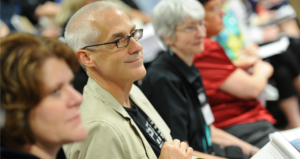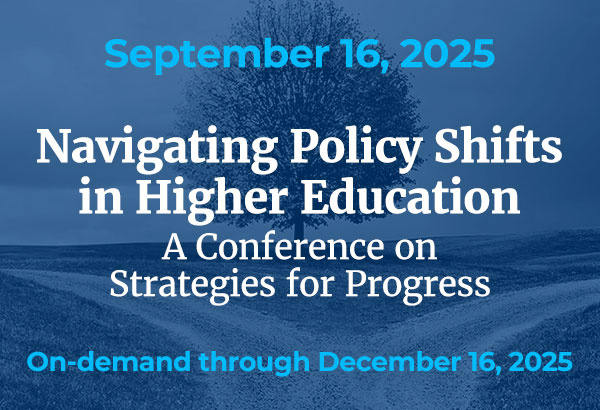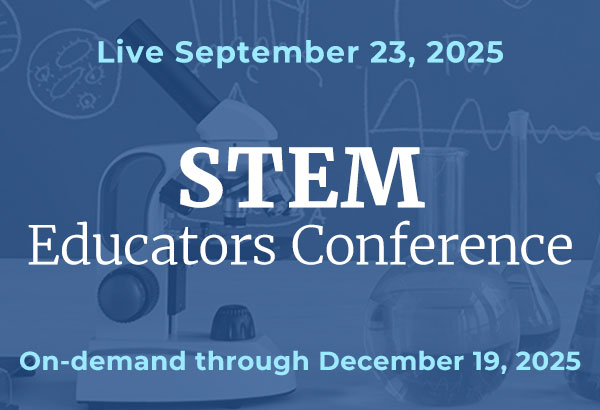
Peer Review Strategies that Keep the Focus on Better Teaching
The peer review processes for promotion and tenure and for continuing appointment provide committees with what’s needed to make overall judgments about the quality of instruction. For teachers, however, peer reviews usually don’t contain the diagnostic, descriptive feedback they need to continue their growth and



